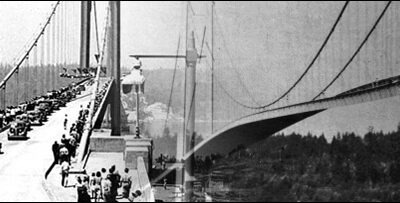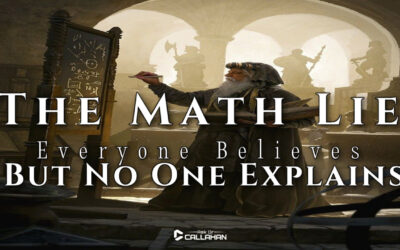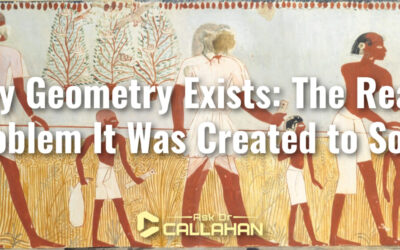One of the most frequent math questions we get from homeschool parents is
“Do I let my students use a calculator?”
Is your student begging for the calculator? Have you stood firm against it all through elementary school? Do you feel like you are the “no” monster? Here’s your chance to provide a win without just giving in!
Does Using a Calculator Mean You are Not Thinking?
Somewhere along the way, we got it into our heads that using a calculator prevented thinking. Those who pulled out the calculator were lazy and were never going to remember their multiplication tables.
While there might be some truth to that concern in the early years, once your students are in high school their math skills need to change from memorization to thinking – especially critical thinking. In courses like Algebra, Geometry, and above we are no longer trying to get them to memorize topics – but instead to understand concepts. And in understanding the concepts, the calculator can be our friend in two ways.
- The calculator lets our mind focus on learning the concepts and not the labor of adding or multiplying numbers together.
- The calculator actually makes us think harder. Whenever you plug in a series of numbers and get something you do not expect, like a negative number in a trig function, we have to think about why the calculator is giving us something we did not expect. In other words, the calculator helps us learn.
The truth is, the calculator cannot think for us. In all reality, we can’t even use a calculator until we understand those basic mathematical functions of addition, subtraction, multiplication, and division. Otherwise, we’re just punching buttons. We have to be able to know what an operation is before we can accurately punch that operation into the machine.
What if My Student Has Not Memorized their Math Facts?
OK, a reality check is in order. If your student is in high school and still does not know all their math facts by memory – are you really going to hold them back?
Time to face it – if your student is at the high school level and hasn’t memorized those pesky math facts, they aren’t going to.
I will be honest here. I have a Ph.D.. in Engineering and I still need to think about it when I need to know 9 times 7. Judge me if you like, but I just never got it. Machines are made to help me.
The more skill your student has using a calculator, the better that tool works for them. They need to learn to use it to add and multiply so that they can later be comfortable with the tool when it is time to do more complex math.
So if they have not mastered the math facts – move forward anyway. You are holding them back. It’s a bit like continuing to study the alphabet when you’re actually ready to read Shakespeare, or chopping up cabbage by hand when you need so much done that a food processor is a smart way to go.
It’s time to move onward and upward! And the power of a calculator is essential to saving time so you can focus on critical thinking.
At the high school level (Algebra 1 and above), we are exercising and building critical thinking skills rather than rote operations skills. In elementary mathematics, our students were learning the mechanics of manipulating numbers. Long-hand calculations are helpful in learning what is happening in these operations. However, in higher math, we move from rote crunching to critical thinking and analysis.
When a Calculator is Needed
We recommend using a calculator in Algebra 1 and up. Longhand is no longer needed. You will probably find a student new to the calculator using it when they don’t need to, such as for simple problems like 2×3. Don’t worry about it. Let them use it as much as they want, they will soon learn there are some operations that happen quicker in their heads than they can punch in.
They will also learn that they can’t always trust the calculator. A calculator is a great tool and it only serves to strengthen what they have memorized (like looking at flashcards.) Using it early builds their calculator skills and experience in when to trust it.
You will find problems early in Algebra 1 that are simple addition, subtraction, multiplication, and division that are not intended as exercises in longhand mathematical operations. They are exercises in mathematical logic and understanding. These problems are highlighting relationships between numbers and the operations done on them. They are also great experience and skill-building in punching in operations correctly. The calculator only does what we tell it to. We must instruct it correctly and that takes practice.
When you get to Geometry, your student will find they use the calculator much less than they’d expect. Much of Geometry is logic. They will learn to think through situations, truths, and analysis. A little computation will come into play as well, but the bigger thinking is in the logic.
Algebra 2 with Trigonometry and Calculus will bring in the big guns of the calculator. Trigonometry will make the calculator a good friend of your student. Here they will find it tricky too, as again, the calculator only does what we tell it to, and if you punch it in wrong or in the wrong setting, you get a very wrong answer. You don’t want your student to wait until this stage to become familiar with a calculator. Start in Algebra 1 so they can develop the knowledge of the many operations the calculator can do as they are introduced throughout their high school career.
If you want to know which calculators are useful for which courses, check out this post on calculator types.
Have Fun Exploring.
Learning can be a struggle, especially math. This is a chance to lighten the load without compromising the learning.

The calculator is part of the next step in your student’s learning journey. Let them be thrilled with your YES to the calculator. Let them overuse it. They will soon learn that the calculator doesn’t have all the answers. It only has the answers the student knows how to tell it to calculate.
High School math opens a whole new area to understanding God’s Creation. Have fun exploring and use the great tools that make that deeper understanding a better journey.






